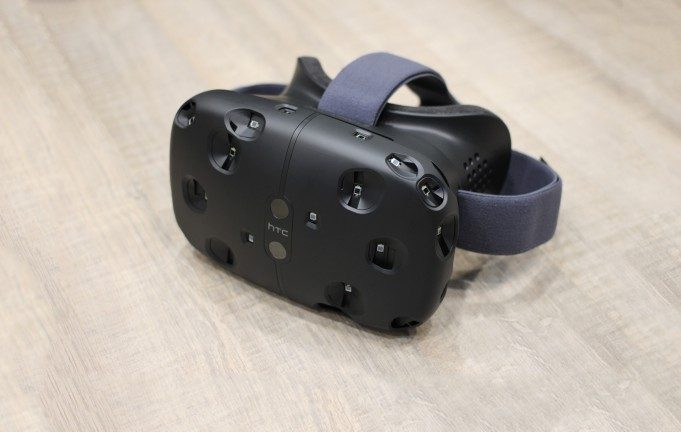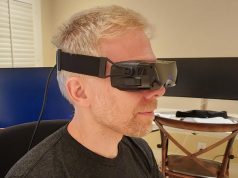The industry’s two largest game engines, Unity and Unreal Engine, are now both officially supported by SteamVR, Valve’s full-featured ‘room-scale’ VR experience. The integration of the two game engines will allow developers to immediately begin developing for HTC Vive.
Unity and Unreal Engine now both support HTC Vive, which includes the SteamVR controller and Lighthouse basestation. Developers can also access SteamVR hardware via OpenVR SDK, which “provides a game with a way to interact with Virtual Reality displays without relying on a specific hardware vendor’s SDK. It can be updated independently of the game to add support for new hardware or software updates,” according to Valve.
The official SteamVR plug-in for Unity is a free add-on now available via Unity’s Asset Store, and includes a compositor that “allows you to preview your content in VR using Unity’s play mode, while leaving the normal game window to act as your companion screen on the main monitor.”
See Also: HTC Vive and SteamVR Hands-on – A Stage of Constant Presence
Epic Games, makers of Unreal Engine, has also shipped the first official support for Valve’s SteamVR via the company’s preview release of Unreal Engine 4.8—now available via the Epic Games Launcher and GitHub.
Both Unity and Unreal Engine allow eager developers to not only target Oculus Rift DK2, Samsung’s Gear VR, and SteamVR hardware, but also start creating projects entirely free of all upfront charges and royalties.
Hopeful devs can still sign-up for a chance to get a ‘Developer Edition’ of HTC Vive, a device that will be provided free of charge to selected developers.
Lead photo courtesy Maurizio Pesce (CC BY 2.0)










